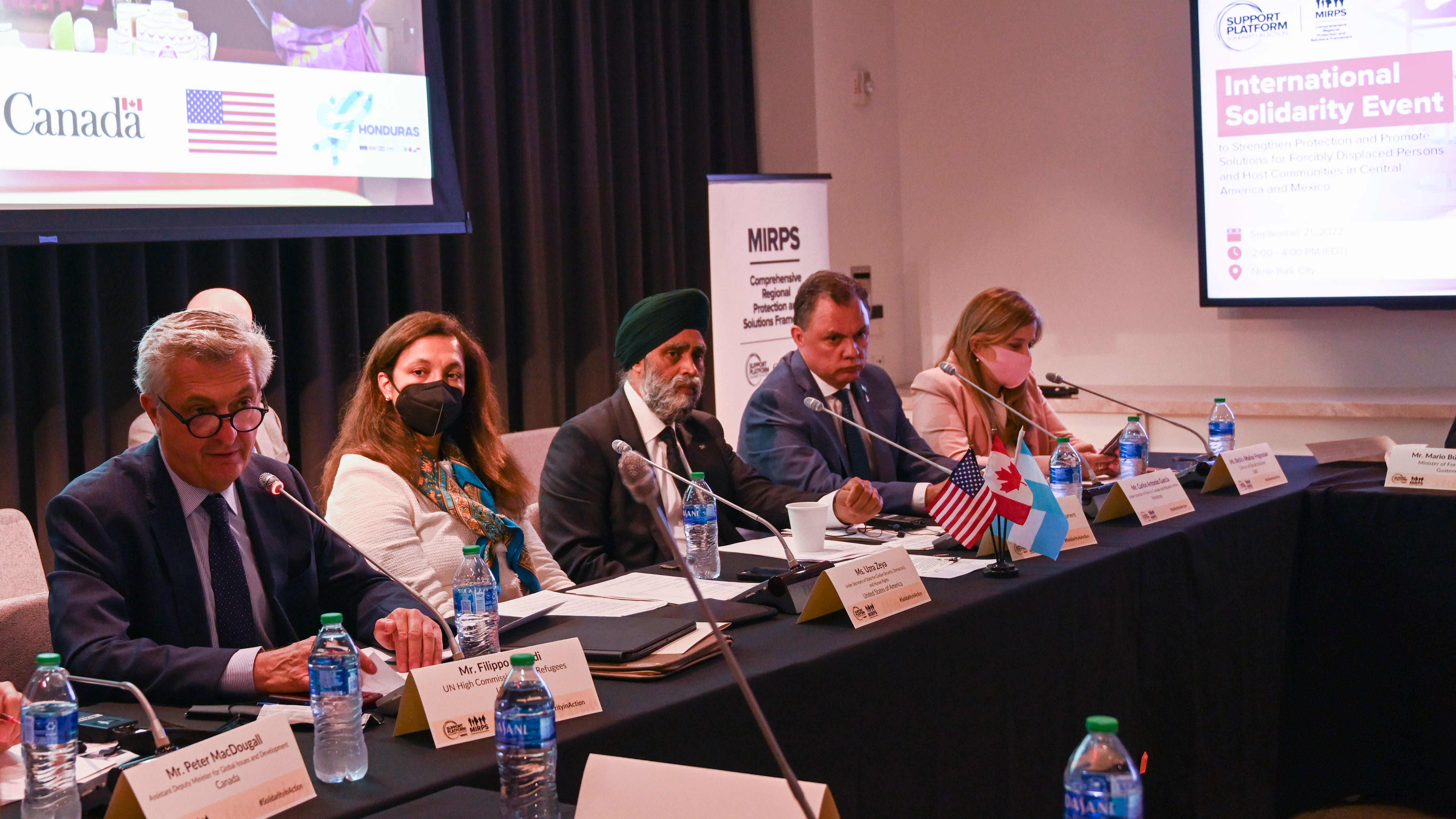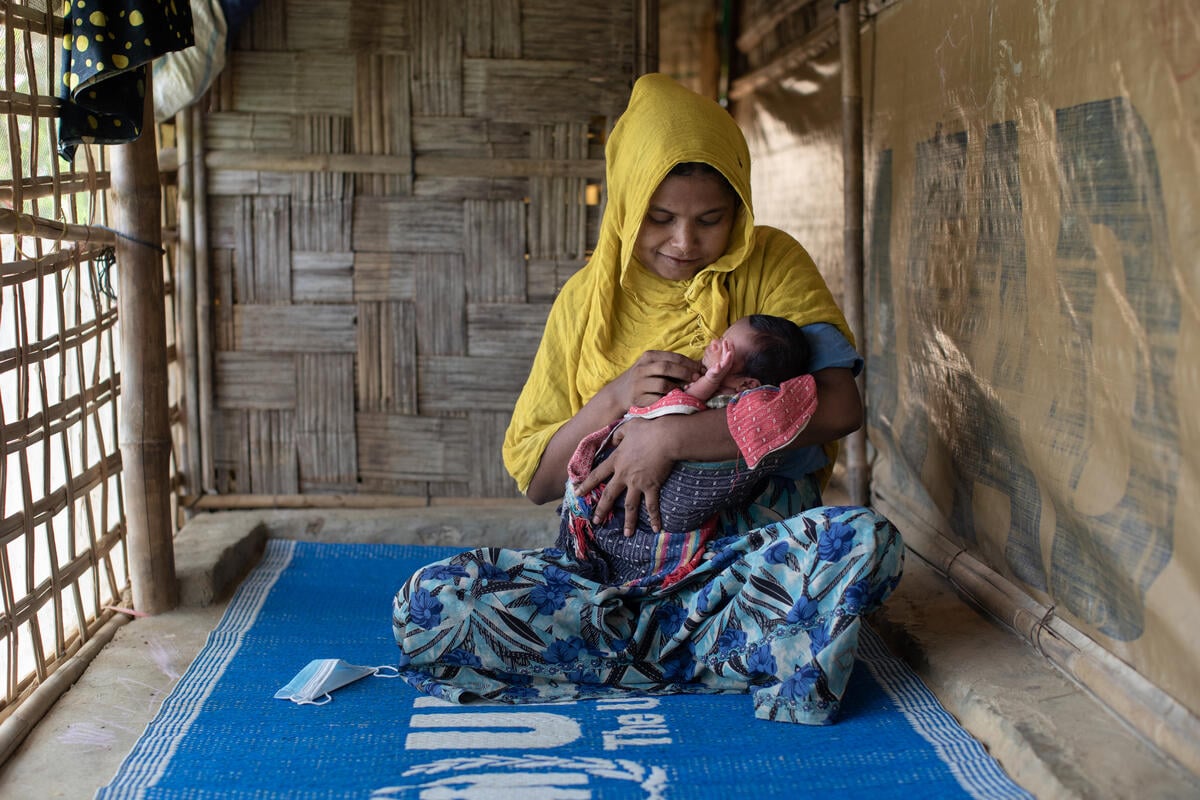UNHCR seeks US$ 914.8 million in 1999, says funds are needed to save lives
UNHCR seeks US$ 914.8 million in 1999, says funds are needed to save lives
The United Nations High Commissioner for Refugees (UNHCR) today said it needed US$ 914.8 million to help 22 million refugees and other displaced people world-wide in 1999.
"The funds we are asking for - around eleven cents per refugee per day - can make a huge difference in the lives of the most vulnerable people in the world," said High Commissioner for Refugees Sadako Ogata.
"Ongoing or renewed conflicts in Kosovo, the Caucasus, the Great Lakes region, West Africa and other areas are complicating humanitarian responses and prolonging human suffering," wrote Ogata in a foreword to the 360-page 1999 Global Appeal, which outlines UNHCR's programmes for the coming year. The protection of refugees - making sure that they are granted asylum and that their basic rights are respected - is at the heart of every UNHCR operation.
UNHCR said it needed funds not only to look after refugees forced to flee because of violence and persecution, but also to help those returning to areas devastated by war and facing dim prospects for rebuilding their lives. Increasingly the organization is working in conflict zones and in countries emerging from years of war.
1998 saw new refugee flows in various parts of the world. The outbreak of violent conflict in Serbia's Kosovo province drove hundreds of thousands from their homes, in an exodus reminiscent of the one caused by the war in Bosnia and Herzegovina. Tens of thousands of people fled when a bloody rebellion engulfed the West African nation of Sierra Leone, just to name two examples.
As these new conflicts erupted, UNHCR was still coping with the aftermath of previous wars in the Balkans, in Africa and elsewhere. Helping former refugees who return home once peace is restored is one of UNHCR's most important but difficult tasks. Many returnees are traumatized by the experience of flight and exile. They often go back to areas where houses and infrastructure have been completely destroyed, and where tension between different groups remains high. The peace they go back to is frequently a fragile one, and humanitarian assistance is needed to support reconciliation and to prevent new displacement.
Ogata said the nature of UNHCR's work required both predictability and flexibility of funding. "We need to know early where we stand, to avoid interruption of life-saving activities, and we must have the flexibility to deploy resources where they are needed most," she said.
UNHCR relies almost exclusively on voluntary contributions, which cover 98 percent of its annual expenditure. The bulk of UNHCR's funding comes from just 14 donor nations and the European Commission.
If no new emergencies erupt in 1999, the refugee agency's biggest operations will be in the former Yugoslavia ($156 million), the Great Lakes region of Africa ($98 million), East Africa and the Horn ($96 million) and West Africa ($80 million).
UNHCR's budget peaked at US$1.4 billion in 1994, at the height of the war in Bosnia and the Rwandan exodus into the former Zaire and Tanzania. The agency has since considerably reduced its budget and streamlined its staff, as large-scale emergencies have receded.








